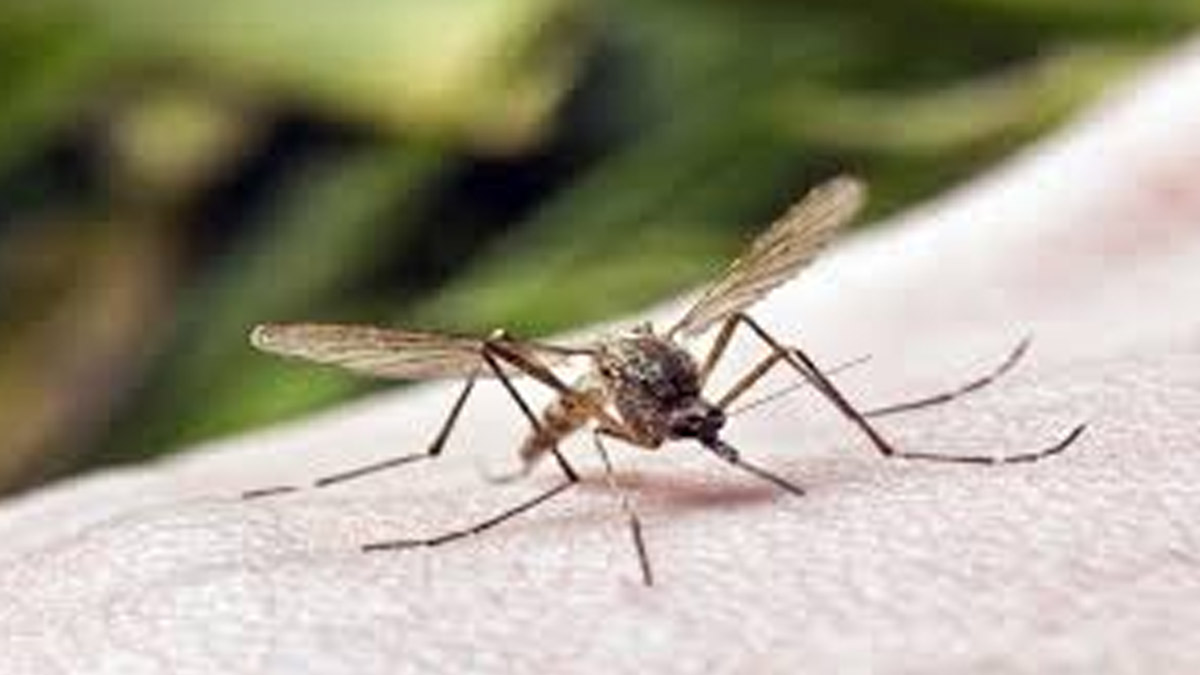
In response to the alarming rise in dengue cases in Delhi, Health Minister Saurabh Bharadwaj has issued comprehensive guidelines to Medical Superintendents of all Delhi government hospitals. These guidelines are part of an extensive effort to mitigate the spread of the disease and ensure the well-being of the city's residents. With a significant increase in dengue cases compared to previous years, the Health Minister’s directives focus on daily hospital management, rapid testing, treatment enhancement, and stringent environmental controls.
Table of Content:-
Daily Hospital Rounds and Enhanced Rapid Testing
One of the critical measures introduced by Health Minister Bharadwaj includes mandatory daily rounds of the hospital facilities. This directive is aimed at ensuring that hospital operations are running smoothly and that patients receive timely and efficient care. By requiring Medical Superintendents to personally oversee the hospital environment, the minister aims to boost accountability and quicken response times to any emerging issues related to dengue treatment and management.
Additionally, the Health Minister emphasized the necessity of enhancing rapid testing facilities. Quick and accurate diagnosis of dengue is crucial in managing and treating the disease effectively. Hospitals are instructed to bolster their rapid testing capabilities to ensure that patients are diagnosed promptly, facilitating immediate treatment and reducing the risk of severe complications.
.jpg)
Prevention Measures and Public Awareness
A significant part of the Health Minister’s strategy involves preventing the spread of dengue through public awareness and environmental control. Bharadwaj has urged hospitals to ensure there is no waterlogging around their premises, as stagnant water is a breeding ground for the Aedes mosquito, which transmits dengue. Maintaining clean and dry surroundings around hospitals is vital in curbing the mosquito population and reducing the risk of dengue outbreaks.
Furthermore, the minister has called for the widespread dissemination of information about dengue prevention. This includes using social media and other communication platforms to educate the public on measures to avoid mosquito bites, recognize early symptoms of dengue, and seek timely medical attention. By increasing public awareness, the health department aims to empower residents to take proactive steps in protecting themselves against dengue.
Also Read: Rakul Preet Singh Reveals The Gruelling Upper Body Workout Behind Her Toned Arms
Adequate Resources and Cleanliness
The availability of essential resources such as mosquito nets has been highlighted as a priority. Bharadwaj has instructed that hospitals maintain a sufficient stock of mosquito nets to prevent patients from being bitten by mosquitoes while admitted. This measure is particularly important in wards where dengue patients are being treated, as it minimizes the risk of mosquito bites spreading the infection within the hospital.
Cleanliness within hospital premises is another critical focus. Bharadwaj has mandated that hospitals ensure medical waste is not disposed of outside their premises, which can attract mosquitoes and other pests. Proper waste management practices are essential in maintaining a hygienic environment that is less conducive to mosquito breeding.
Municipal Corporation’s Role in Dengue Control
In addition to hospital-specific measures, the Health Minister has called on the Municipal Corporation of Delhi (MCD) to intensify fogging and cleaning campaigns in areas prone to dengue. Fogging is an effective method to reduce the adult mosquito population, thereby decreasing the risk of dengue transmission. The MCD is expected to coordinate closely with health authorities to identify and target high-risk areas for these fogging operations.
Also Read: Reports Of Dangerous Skin Diseases Spreading Among Children In Gaza; What Might Be The Causes?
Monitoring and Reporting
To ensure the effective implementation of these guidelines, continuous monitoring and accurate reporting are crucial. Bharadwaj has stressed the importance of vigilant monitoring of dengue cases and transparent reporting mechanisms. The high number of reported dengue cases this year, which stands at 246 between January 1 and June 29, can be attributed in part to better reporting practices, including from private laboratories. Accurate data is essential for assessing the situation and making informed decisions regarding resource allocation and public health interventions.
Bottomline
The spike in dengue cases in Delhi has prompted a swift and comprehensive response from Health Minister Saurabh Bharadwaj. Through a combination of enhanced hospital management, rapid testing, public awareness, and stringent environmental controls, the Delhi government aims to curb the spread of dengue and safeguard the health of its residents. The collaborative efforts of hospitals, municipal authorities, and the public are essential in overcoming this health challenge and ensuring a healthier future for Delhi.
Also watch this video
How we keep this article up to date:
We work with experts and keep a close eye on the latest in health and wellness. Whenever there is a new research or helpful information, we update our articles with accurate and useful advice.
Current Version